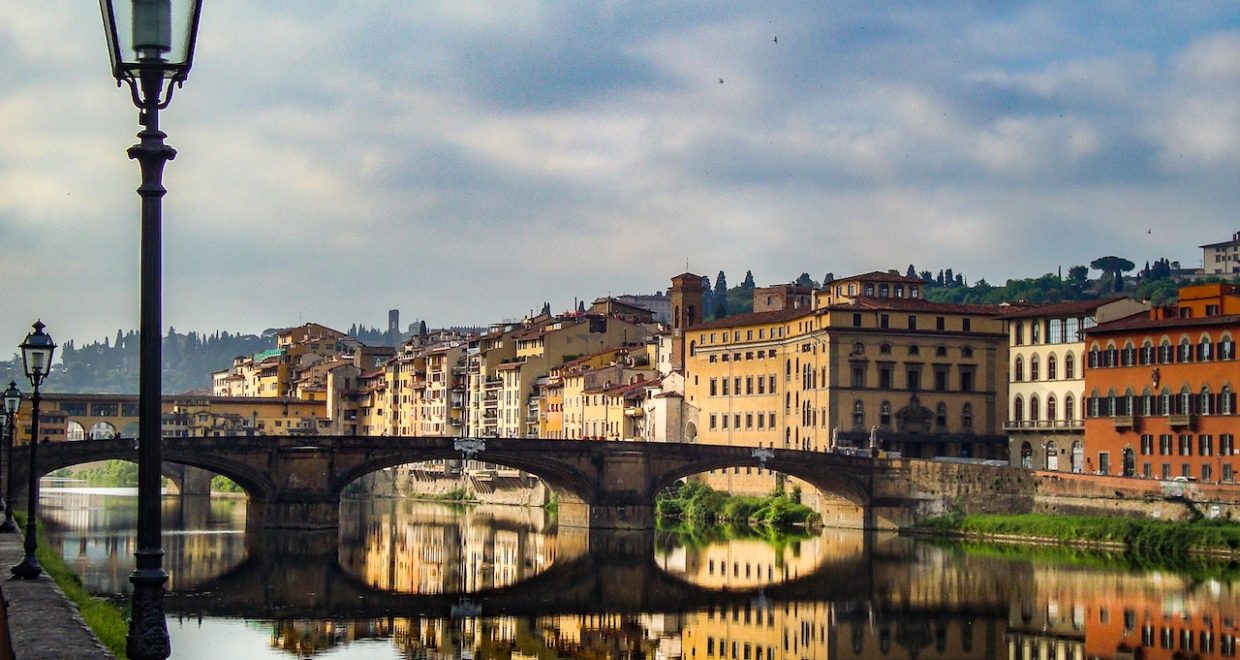Islam in Italy in the Age of Fear and Insecurity
Secularism as a principle and religious freedom as a fundamental right are qualifying elements of the modern concept of constitutional democracies: while putting emphasis on individual autonomy, habeas corpus and liberty of the one against the many, freedom of religion and secularism give special attention to religious groups. This combination, however, does not always result in harmonious coexistence. That is evident in light of practical problems, such as those arising from the experience of Italian democracy where Islam has become—perhaps not accidentally—a source of legal concerns.
As I try to show in my article The Legal Treatment of Muslims in Italy in the Age of Fear and Insecurity, Italy is now experiencing a form of pluralism that is new to the peninsula. To be more rigorous, pluralism itself is not novel to Italian geo-cultural context. Various minorities have long been part of the national scene and often enjoyed a level of public consideration far out of proportion to their numerical constituency. Yet this same consideration is not accorded to Muslims and Islamic groups, even though they form the largest religion in Italy after Catholicism. In fact, it is true that changes experienced by Italian society in the last three decades are not only related to the presence of Islam. But it is also evident that, given the history and variety of Muslim traditions, this presence indicates and signals the speed tendency of the peninsula towards a new religious-cultural scenario. That, in turn, points to constitutional difficulties in light of considering Italy’s model of law and religions relations on the basis of the Catholic Church and a handful of similar (Judeo-Christian) confessioni diverse dalla Cattolica (denominations other than Catholicism), as Article 8 of the Italian Constitution meaningfully calls them.
In this manner, the Italian model of state-church relations has increasingly come to be seen in terms of negative externalities: while recognizing rights and benefits in favour of the Catholic Church and few minority confessions, this model produces unreasonable distinctions against all other beliefs. Consequently, and not accidentally, Islam is an illustrative example in this regard. This is particularly true when attention is focused on recent emergencies (from economic crisis to COVID-19), which tend to go hand in hand with other long-term issues (from immigration to religion-inspired terrorism), in light of which the presence of Muslims and Islamic organizations has been highly politicized. Indeed, all together these questions instil and reinforce a sense of fear and insecurity, fuelling the ingrained suspicions toward Islam, often considered not only as a threat to political and social stability, but also as an undemocratic religion that, for instance, do not accept the secularity of the state and, worst of all, drives its believers to illicit practices and conducts.
Thus, looking at the legal status of Muslims and Islamic groups in Italy helps to analyse how domestic (that is, Italy’s traditional system of state-church relationship) and external (for example, immigration and international terrorism) causes could touch on the raw nerve of the historical legal dilemma between the principle of equality and the right to be different. Furthermore, it helps to better appreciate how the unpredictable reality of globalization and the logic of (permanent) emergencies impact on the principle of secularism, the rule of law, and the protection of human rights, which, even though differently defined, remain indispensable devices to functioning and pluralistic constitutional democracies, in the western sense of the term.
Learn more in “The Legal Treatment of Muslims in Italy in the Age of Fear and Insecurity” from the Journal of Law and Religion. The article is Open Access.
Francesco Alicino is Full Professor of Public Law and Religion at the University of LUM, Italy, where he also teaches constitutional law, law of the third sector, and immigration law.




